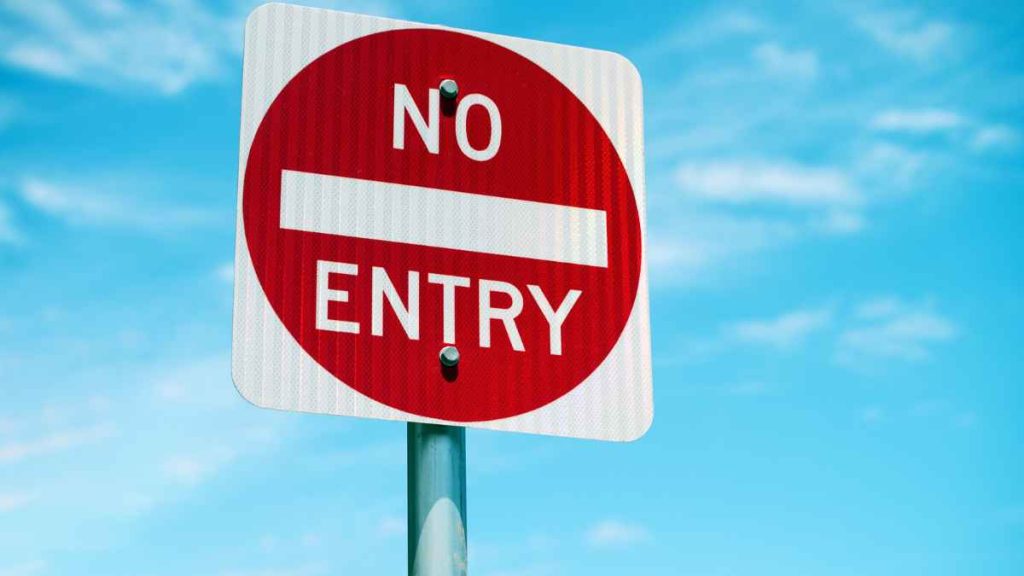In a significant move, unionist parties in the Northern Ireland Assembly have decided to activate the Stormont Brake for the first time. This action aims to halt new European Union regulations concerning the packaging and labelling of chemicals from being enforced in Northern Ireland.
The Stormont Brake, part of the post-Brexit arrangements, grants the Northern Ireland Assembly the authority to object to specific EU rules applicable in the region. To initiate this process, support from at least 30 assembly members representing multiple parties is required. All eligible unionist assembly members have rallied behind a motion proposed by the Democratic Unionist Party (DUP) to implement the brake.
Once the motion is formally recognised in the assembly, it will be up to the British government to assess whether the brake has been employed appropriately. Meanwhile, the Stormont committee that examines relevant EU legislation has released a report on the new rules. However, it has not reached a definitive conclusion on whether these regulations significantly affect the daily lives of communities in Northern Ireland, a finding that could influence the government’s perspective on the validity of using the brake.
The primary criterion for invoking the Stormont Brake is demonstrating that the EU rules would have a significant and lasting impact on everyday life in Northern Ireland. DUP leader Gavin Robinson highlighted concerns regarding the new EU regulations, which impose various requirements on chemical product labels, including minimum font sizes and spacing rules. He argued that these changes would render many existing labels unfit for use and noted that similar regulations would not apply to products sold in Great Britain.
Robinson emphasised the potential detrimental effect of these regulations, stating, “The Chemical Industries Association has indicated that the regulation would have a significant, negative, and prolonged impact on everyday life in Northern Ireland.”
Conversely, Matthew O’Toole, Leader of the Opposition in Stormont, has dismissed the use of the brake as a political stunt by the DUP. O’Toole acknowledged the challenges posed by the new EU laws but insisted that there are more pressing issues facing the people of Northern Ireland. He accused the DUP of utilising the Stormont Brake for partisan gain rather than addressing broader concerns.
“We warned that the Stormont Brake would be used for crude partisan purposes, and it has proven true,” O’Toole remarked. He expressed frustration with the unionist focus on obstruction rather than working collaboratively to maximise opportunities stemming from Northern Ireland’s relationship with the EU.
If the government concludes that the Stormont Brake has been appropriately activated, discussions with the EU will ensue through the Joint Committee, which oversees the Brexit deal. Depending on the outcome of these discussions, the UK government could either return the matter to the assembly for a cross-community vote, known as an applicability motion, or decide that the new rules do not apply in Northern Ireland.
The government retains the option to bypass a Stormont vote by declaring “exceptional circumstances,” particularly if it believes the rule would not create a new regulatory border between Great Britain and Northern Ireland. If the UK ultimately decides not to adopt the new rule, the EU may respond with appropriate measures, which could include addressing compliance issues concerning Northern Ireland goods.
The Stormont Brake was established as part of the Windsor Framework last year, granting the Northern Ireland Assembly a more substantial role in determining the application of EU laws in the region—an essential concession made by the DUP before it resumed its participation in power-sharing arrangements.


